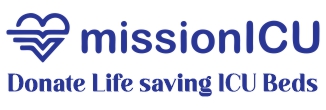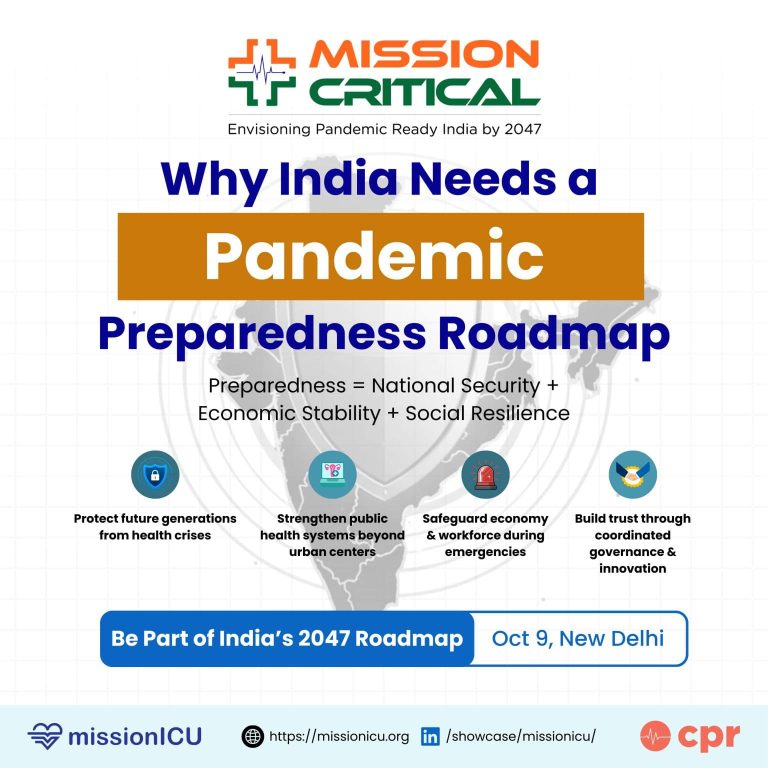A 23-year-old girl, married at a very young age is forced by her family to
undergo hysterectomy only because she was suffering from premenstrual
syndrome. Without any care towards the repercussions of the surgery done
under unhygienic conditions, she had to bear the trauma and suffering for
the rest of her life.
The apathy towards her personal choice and lack of awareness towards her
health motivated Tanya Malik to start her own NGO called Streedhan
Association for Women to educate women about menstrual hygiene and its
management. Through the organization and its ever-enthusiastic volunteers,
the team paves the way to reach out to women in lower middle class and
rural areas to distribute sustainable menstrual hygiene kits.
Her motivation towards establishing Streedhan was because she was
exposed to the patriarchy in our community. Even among her own people,
she had observed the differences that arise in the way the community
interacts with people based on their gender. With the support of her family
who inspired her to be better, she started Streedhan in 2019 to empower
these women and make their lives better.
During her interaction with these women, she came across horrifying stories
of a district in Maharashtra where most of the women undergoing
menopause was forced to undergo hysterectomy ignoring the
repercussions it might have on their health. This was encouraged by the
medical staff as well since it relieved them from the symptoms of
menopause. Some women were even encouraged to undergo hysterectomy
as soon as they had given birth. The consequences that arose such as
hormonal imbalance, infections and excessive bleeding was vastly ignored.
She also came across women from backward areas who believed in various
taboos surrounding menstrual hygiene. Some women were made to believe
that menstruation was not a normal process and they had to be ashamed of
themselves to be undergoing it. This led to stigmas surrounding menstrual
hygiene where these women felt extremely uncomfortable to have
conversations about the issues they face.
The Streedhan team has been reaching out to women and encouraging
them to follow sustainable menstrual hygiene practices by providing them
with either reusable cloth pads or menstrual cups, but she observed that
most of the women were hesitant to use them. They preferred to follow the
orthodox way of using dried leaves and ashes, which was extremely unsafe
for their health. The younger generation seemed open to the idea of
reusable sanitary pads since it allowed them to attend school regularly, even
while menstruating. But the older generation of women were averse to the
change.
The rural healthcare infrastructure needs a massive upheaval to deal with
the ever-growing population and their healthcare needs. Creating awareness
is extremely important, says Tanya, but it is also necessary to supplement it
with the right infrastructure which is accessible and affordable to everyone.
In a country where the majority of the population are suffering from
diseases which can be easily prevented, it is our duty to take the first step to
improve the healthcare system and ensure that every citizen has access to
quality medical care.

Brian Doe
Ceo Company
Sharanya
Sharanya is a Dentist from Bangalore, who is passionate about volunteering with NGOs and has so far worked with over 20 organizations in various positions as a content writer, HR executive, Research and policy assistant, Editor, Developmental journalist, Media content research assistant and many more. She believes that it is our duty to do good and be good and wants to work to make this world a kinder place.

